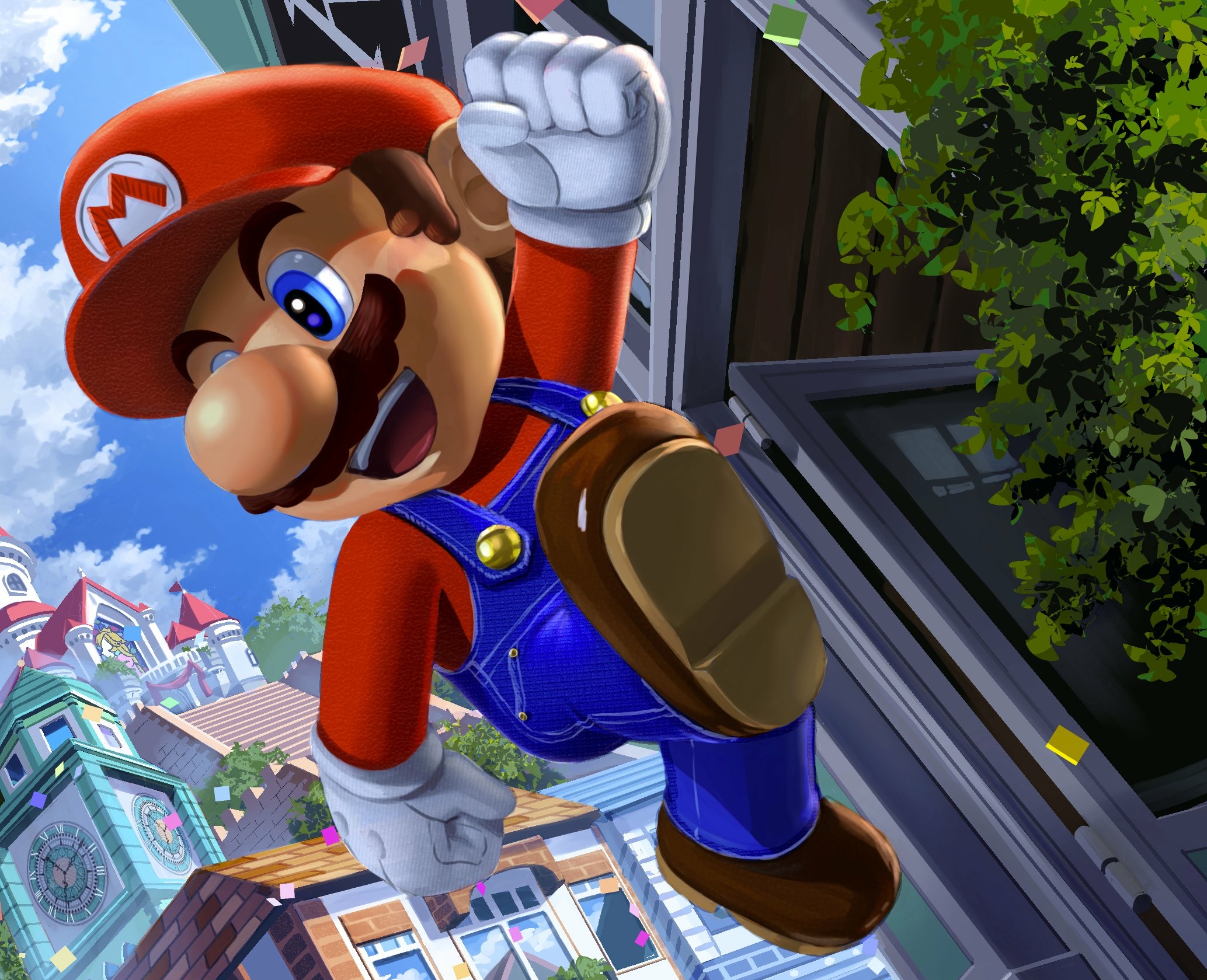Introduction
Music in video games is more than just a backdrop; it’s a powerful storytelling tool, an emotional catalyst, and a fundamental aspect of the gaming experience. In this digital age, game developers have harnessed the use of music to enhance gameplay, create immersive environments, and evoke strong emotions from players. In this part of a 2 part blog post I will explore the multifaceted role of music in video games, examining how it influences player experience, enhances narratives, and how it contributes to the overall success of gaming.
Setting the Mood
One of the primary roles of music in video games is to set the mood and atmosphere. Whether it’s the suspenseful music in horror games that raises players’ heart rates, or the serene melodies in adventure games that create a sense of wonder and adventure. music establishes the emotional tone of the game. For instance, the iconic music in the “Legend of Zelda” series not only provides a sense of adventure but also evokes a feeling of nostalgia which can create a a profound connection between the player and the game.
Enhancing Immersion
Music enhances immersion by creating a connective audio-visual experience. When the music complements the actions in game, it reinforces the player’s connection with the virtual world. In action packed sequences, dynamic music can intensify the feeling of excitement that the player experiences. Conversely, during moments of puzzle-solving, the music could becomes a bit subtle which allows players to really focus on the puzzles. Certain musical pieces can also incorporate recognisable instruments, linked to a specific time period, area or culture. Take for example a digeridoo for an area based on Australia, a harp for a medieval or fantasy theme or bongos for a jungle level. This synchronization of music with gameplay actions and areas enhances the player’s sense of immersion in the game’s narrative.
Conveying Emotion
Music has the ability to convey complex emotions. In video games, this emotional resonance is crucial for certain character development and plot progression. A poignant musical score can evoke empathy for in-game characters, making their triumphs and failures deeply impactful for players. Conversely, a triumphant melody for example can enhance the sense of empowerment and motivation to overcome obstacles and can improve upon the feeling of accomplishment if/when you finally overcome a difficult challenge.
Nostalgia
Music in video games has a unique ability to evoke nostalgia by reconnecting players with cherished memories and experiences. Familiar tunes or melodies from played games can transport players back to that time, triggering a sense of nostalgia that rekindles the emotions and excitement associated with their experience way back then, further creating a sentimental and immersive connection to these worlds.
Recognition and Branding
Iconic game music has the potential to become culturally significant symbols, instantly recognizable even outside the gaming community. Take for example the “Super Mario Bros.” or the “Tetris” theme, these pieces of music have become ingrained in popular culture which demonstrates the lasting impact of music in video games.
Conclusion
In the ever evolving landscape of video games, music continues to play a vital role in the player experiences. Through its ability to set the mood, enhance immersion, convey emotion, and foster recognition, music has become an integral component of game design. The connection between music and video games showcases the profound impact that audio elements can have on interactive storytelling, making the gaming world richer, more immersive and emotionally charged for players.

![100+] Zelda Wallpapers | Wallpapers.com](https://wallpapers.com/images/featured/zelda-rkp03okh2d43ik06.jpg)


Recent Comments